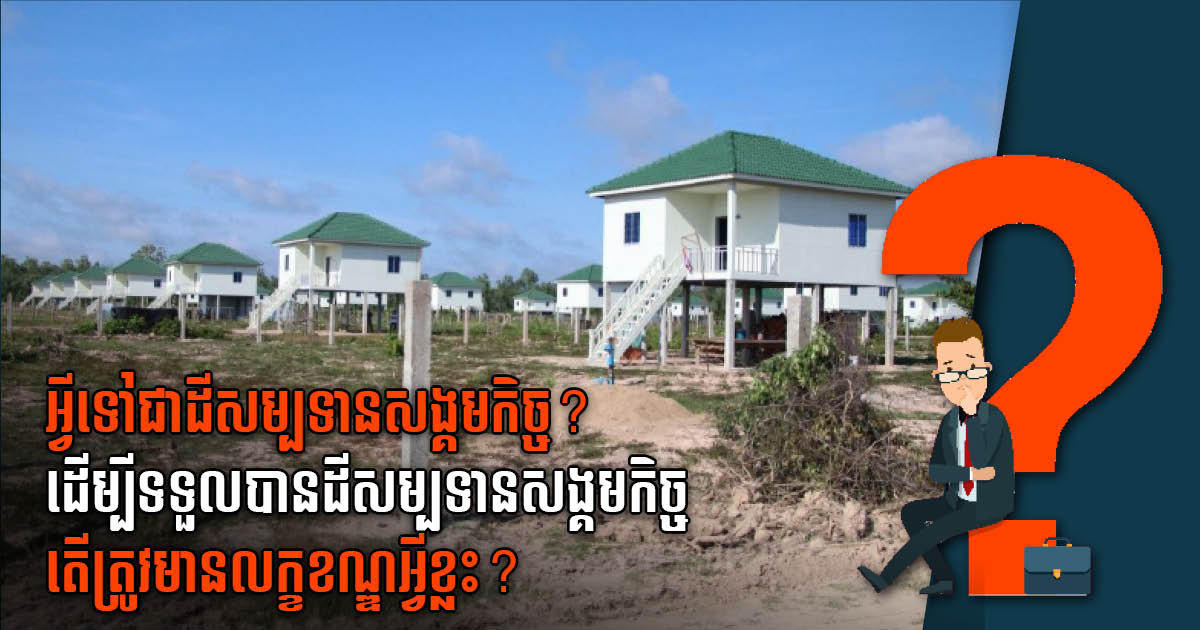Government Moves Forward with Land Registration in Tonle Sap Lake Region
In a significant step towards sustainable land management, the Cambodian government convened a joint meeting with key stakeholders to discuss the registration of land in Zone 3 of the flooded forest surrounding Tonle Sap Lake as state property. This initiative involves the Ministry of Land Management, Urban Planning and Construction, the Ministry of Water Resources […]
Successful Completion of Land Survey in Oddar Meanchey Province
The Ministry of Land Management has proudly announced the successful completion of a systematic land survey in Oddar Meanchey Province, marking a significant milestone in the region’s land management efforts. The closing ceremony was chaired by His Excellency Say Samal, Deputy Prime Minister and Minister of the Ministry of Land Management, Urban Planning, and Construction. […]
The Government of Cambodia Transfers 230 Hectares of Land from Phnom Penh to Kandal
In a significant administrative shift, the Government of Cambodia has announced the transfer of nearly 230 hectares of land from Phnom Penh to Kandal province. This decision, formalized in a royal decree signed by Acting Head of State Samdech Techo Hun Sen on March 13, 2025, involves a revision of the administrative borders between the […]
The government has decided to plant large trees as a border around Tonle Sap Lake in the 3rd Zone
In a significant move for environmental conservation, the Government has announced plans to plant watershed trees as border belts between the boundary markers in the 3rd Zone around Tonle Sap Lake. This initiative, detailed in Letter No. 696 SJKH dated April 25, 2025, from the Council of Ministers, represents a collaborative effort involving the Ministry […]
Progress in Cambodia’s Systematic Land Surveying
The Cambodian government has made significant strides in its systematic land surveying initiative, completing surveys in nine provinces. According to the Ministry of Land Management, Urban Planning and Construction (MLMP), ongoing efforts will ensure that 16 provinces are projected to complete their surveys soon. The provinces that have completed the systematic land surveying include Kampong […]
Kampong Speu Province Completes Comprehensive Land Survey
The Government of Cambodia has officially announced the successful completion of a systematic land survey in Kampong Speu province, which has surveyed a total of 1,088,095 parcels of land. This significant milestone was celebrated during a ceremony chaired by His Excellency, Deputy Prime Minister Hun Many and His Excellency, Deputy Prime Minister Say Sam […]



 ខ្មែរ
ខ្មែរ







